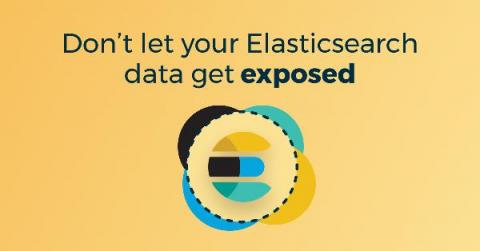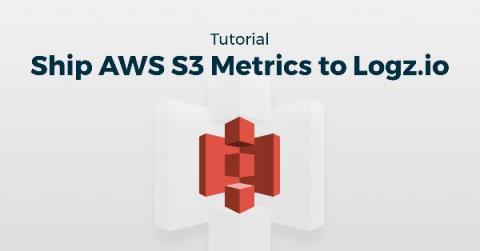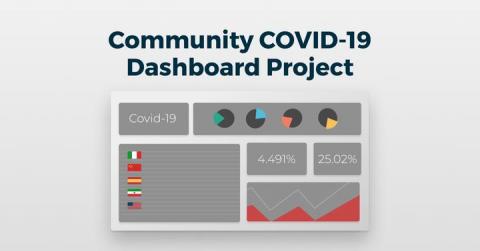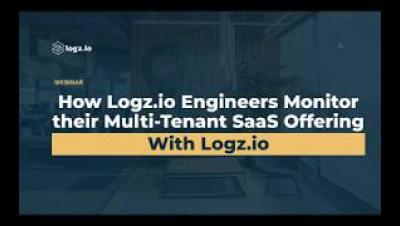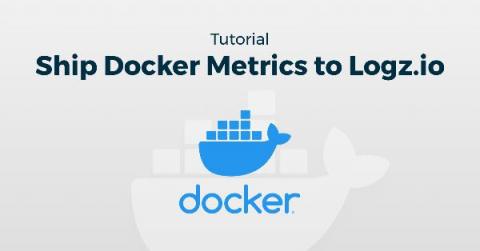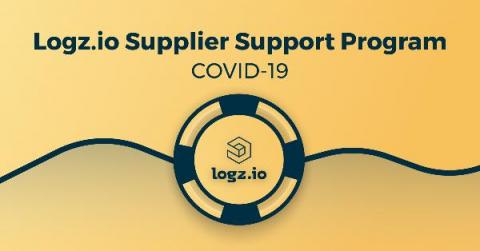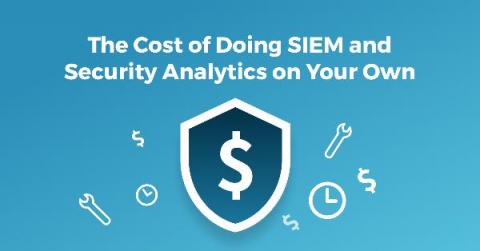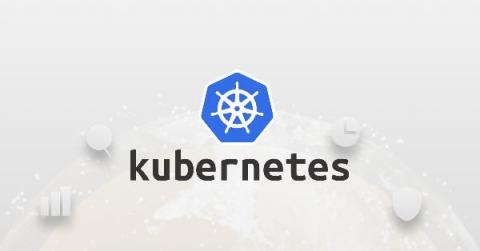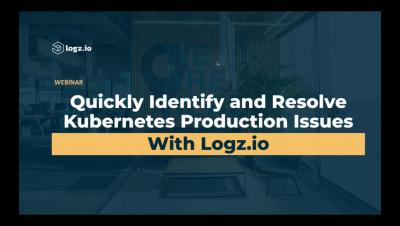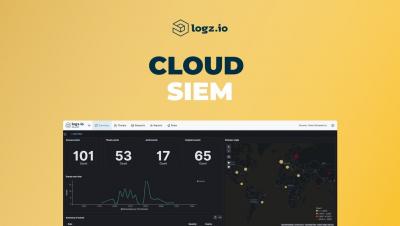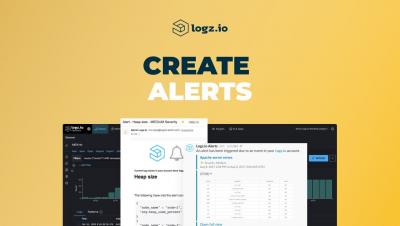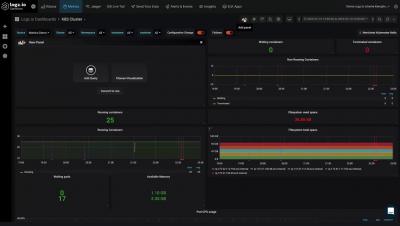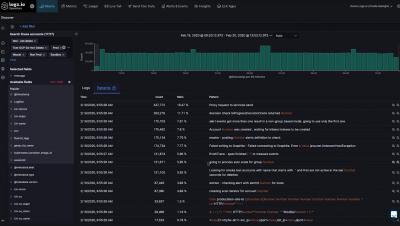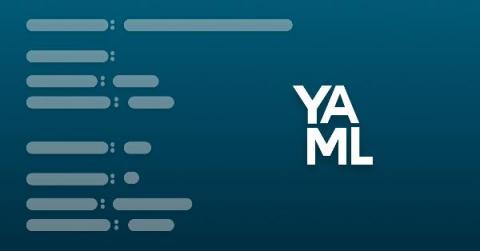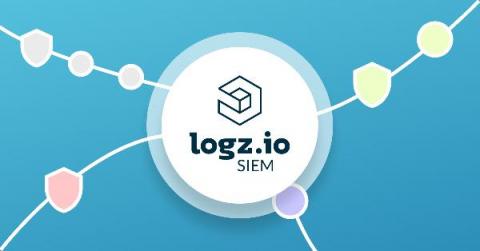Operations | Monitoring | ITSM | DevOps | Cloud
March 2020
While You Work from Home, Double Down on Elasticsearch Security
As engineers, you and I have a responsibility to protect both our customers’ and our respective companies’ data. But unlike our office networks that adhere to strict security protocols and a well-defined perimeter, our home networks usually fall short. And now that most of us are at home waiting out the COVID-19 pandemic, it’s time to revisit of logging in and Elasticsearch security during while you work from home.
Shipping AWS S3 CloudWatch Metrics to Logz.io
AWS S3 buckets are an indisputably powerful—and extremely well-organized—DevOps tool. Standing for “simple storage service,” the S3 is the lowest tier offered for AWS storage, but it is also the most indispensable. S3 buckets store data for immediate recall, the most active components in Amazon’s arsenal of storage options. They can store a variety of developer applications and up to five terabytes of data each.
Launching the Community COVID-19 Dashboard Project
Let Data Shed Some Light in the Midst of Uncertainty The burden the COVID-19 novel coronavirus has placed on the world is enormous. There’s a great thirst for information and clarity. So, we at Logz.io have decided to offer a Community COVID-19 Dashboard Project, so that everyone can better understand how the outbreak impacts the world and their region. We see that as a community effort.
How Logz io Engineers monitor their multi tenant SaaS offering with Logz io
Tutorial: Shipping Docker Metrics to Logz.io
Docker is an essential bridge in modern DevOps. Despite Kubernetes overtaking Docker on orchestrating containers, the Docker container itself remains the standard and likely will for the foreseeable future. We developed the Docker Metrics collector to operate as its own container that will run Metricbeat using the modules you are running in real time. Now, in addition to the Docker module, we are now releasing an AWS module for operations in the cloud.
Logz.io Suppliers Support Plan-COVID-19
We believe that small businesses are the backbone of the local economy and consider our suppliers as partners in our success. Unfortunately, the novel coronavirus/COVID-19 has brought tough times and economic disruption that could significantly change the global economy. So we at Logz.io decided that we can make a meaningful impact by supporting our suppliers and helping them to meet the challenges that this new era brings.
The Cost of Doing SIEM & Security Analytics on Your Own
Security information and event management, or SIEM, has become part of the vocabulary of every organization. SIEM solutions gather events from multiple systems and analyze them—both in real time and through historical data. SIEM costs—as cyber security costs in general—can be high, but there is a tradeoff if you opt for the FOSS route (free and open source solutions).
Prometheus vs. InfluxDB: A Monitoring Comparison
Monitoring has been around since the dawn of computing. Recently, however, there’s been a revolution in this field. Cloud native monitoring has introduced new challenges to an old task, rendering former solutions unsuitable for the job. When working with cloud native solutions such as Kubernetes, resources are volatile. Services come and go by design, and that’s fine—as long as the whole system operates in a regular way.
Implementing Observability for Kubernetes
In today’s era of microservices, containers, and containerized applications, software architecture is more complex. Kubernetes is king in this environment, orchestrating an army of Docker containers in more distributed environments.
Calling All Observability All-Stars!
With the majority of the workforce working remotely due to COVID-19, DevOps teams are still focused on delivering reliable, performant services. In these challenging times, ensuring that infrastructure and applications are available at their highest level is even more imperative—and worthy of recognition. We are all in this together, and in the spirit of supporting each other, we are excited to announce our Observability All-Star program.
Introducing the 2020 Cloud Observability Webinar Series!
Logz.io is excited to announce the 2020 Cloud Observability Webinar Series focused on DevOps, Open Source, and Observability! It’s certainly harder to attend interesting events in person these days. However, learning the same content you would at meetups and conferences for delivery of more reliable, performant, and secure services shouldn’t have to be. This series will offer a webinar every Wednesday until the end of June.
Using Logz.io Features to Collaborate While You Work from Home
In this challenging global environment, we realize many of our customers will work from home for the next several weeks. Thankfully, Logz.io is designed to support distributed teams and work environments, and we wanted to highlight some of the ways you can use the platform both for remote monitoring and to collaborate better with your teams over the course of the COVID-19 pandemic.
Monitoring Kubernetes with Grafana and InfluxDB
Most software architects and developers know that they need to monitor their systems. What often prevents them from implementing an effective monitoring solution is the plethora of choices they face. To set up a monitoring solution, you first have to decide what you want to monitor and how you want to monitor it. Then you have to settle for a collection and storage method. Next, you have to implement the interesting metrics in your system and start collecting them.
Cloud SIEM | Logz.io
How to Create Alerts
Infrastructure Monitoring Logz.io
Log Patterns Logz.io
Configuring YAML Files after Installing the ELK Stack
What is YAML? YAML is a readable data serialization language used frequently in configuration files for software; it stands for “Ain’t Markup Language.” This article will show you samples of YAML files (written .yml or .yaml) for the ELK Stack and other programs commonly used by DevOps team. And while some people love yaml and some hate it, it’s not going away.
A List of the Best Open Source Threat Intelligence Feeds
Threat intelligence feeds are a critical part of modern cybersecurity. Widely available online, these feeds record and track IP addresses and URLs that are associated with phishing scams, malware, bots, trojans, adware, spyware, ransomware and more. Open source threat intelligence feeds can be extremely valuable—if you use the right ones. While these collections are plentiful, there are some that are better than others.



